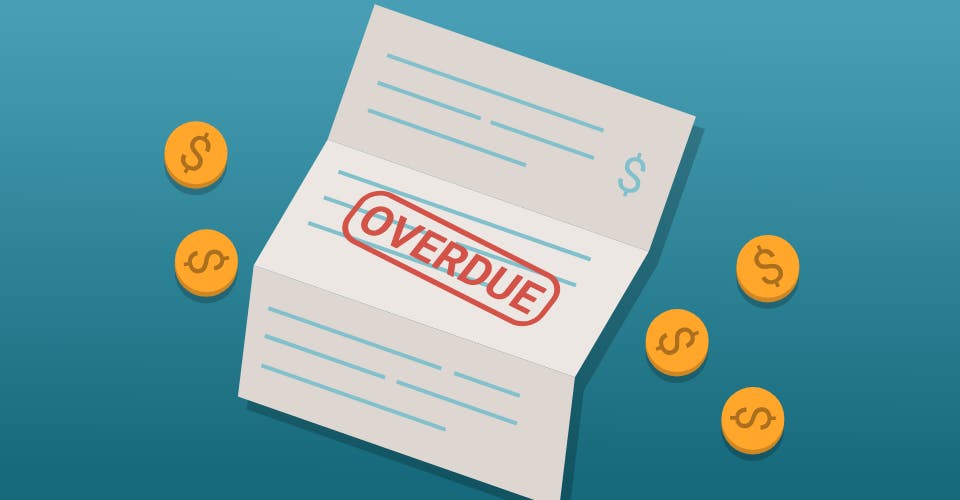The term “resident alien” is sometimes used when discussing an immigrant who is living in the United States, but is not a U.S. citizen. Green card holders qualify as resident aliens, and in some cases so do non-green card holders as long as they satisfy the physical requirement test—which is being in the U.S. for a month-long period during the current tax year, or a combined 183 days during the total 3 years prior (CitizenPath, 2021).
All resident aliens, and especially green card holders, are required to comply with U.S. tax law in exactly the same way U.S. citizens are supposed to file their taxes each year. The IRS prescribes that all resident aliens should pay their taxes each year. However, some don’t. Tax compliance has long been an issue with non-citizens, not simply because immigrants have bad motives, but because filing your taxes can be confusing if you aren’t a native English speaker and aren’t familiar with the process. Still, this post is dedicated to better understanding some of the consequences that may result from late, or overdue taxes.
Green card holders might think that they will be deported if they are behind on their taxes or owe money to the IRS, but this is simply not the case. However, being behind on your taxes, or having overdue payments that need to be made, can affect several other immigration processes.
Naturalization and Citizenship
You will still be able to renew your green card if you are behind on your taxes and owe money. Filing an I-90 for a replacement green card largely does not affect green card renewal. However, behind on your taxes will cause some issues for immigrants who eventually want to become U.S. naturalized citizens. This is because the N-400 asks applicants several specific financial questions (which you can find on our Visa2us guide dedicated to the N-400 Form), including prior-year tax filings.
The problem with having overdue payments to make to the IRS is once again not that you will be put into removal proceedings, but actually more subtle. If you have overdue payments to make, it will be seen by the adjudicating USCIS officer as a failure of tax obligation, which by an extent a failure to uphold good moral character while you were maintaining a lawful physical presence in the U.S. Most applicants with such tax issues will have their N-400 rejected because of this clause.
Travelling Abroad
While it is rare, another issue with a lack of tax compliance is being denied re-entry into the United States, even if you are already a green card holder (legal permanent resident). Nolo, the legal encyclopedia cites that having unpaid taxes, which is an extension of a failure of good moral character, could mean that the CBP officer has the right to disallow you back into the United States.
IRS Re-Payment Plan
The best way to get out of your overdue tax problem is to set up either a short-term or long-term payment plan with the IRS. Showing that you are complying with a payment plan on your immigration forms and documentation will greatly change the way the USCIS decides on your case.
In order to set up a payment plan, go to the IRS website and select the “Pay” tab. Then scroll down and select the “Payment Plan-Installation Agreement”. This is where you will apply for a repayment plan. In other words, the IRS has to approve your information before you can get started with a plan that works for you. You will notice that the short term-payment plan is free and that the long-term payment plan has a setup fee.
In general, each applicant who is looking to set up a re-payment option needs to keep in mind their current income, and the amount they are willing to allocate monthly to the IRS (which will be taken directly out of their checking/savings account.)
For more information on this process, please visit the following link to set up a re-payment option: https://www.irs.gov/payments/online-payment-agreement-application.














